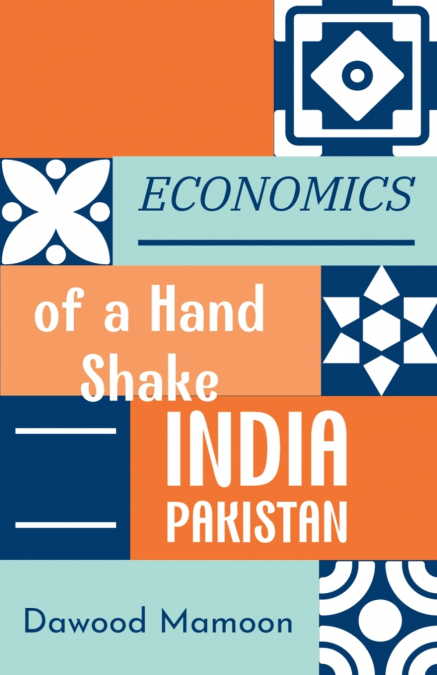
Dawood Mamoon
Will Newly elected Prime Minister of Pakistan honorable Shebaz Sharif shake hands with Indian Prime Minister Narendra Modi? Well this book tells a story of a similar hand shake that happened between a military ruler of Pakistan and a democratic Prime Minister of India. Would democracy fare differently this time? We have to understand the story of economic development to understand the possibility of peace. Therefore, to know the answer, the book starts of by understanding complex equation of economic development for a nation state. For example, freedoms, rights, and equality are common dreams among different human societies irrespective of their economic, social, political and cultural circumstances. This book presents a brief discussion on the reasons for the divergence of circumstances different civilisations find themselves into by linking this dichotomy with arguments available in contemporary development economics. The book examines how politically empowered institutions in comparison to politically repressed fare with different measures of inequality. Countries that are practising democracies are less prone to unequal income distribution. Though under good economic management, autocracies may redistribute incomes from the richest to the poorest, more generally an autocratic set up violates the median voter hypothesis. The book further discusses the dynamics of peace initiatives made by Pakistan in 2006 and their importance in changing the regional dynamics in favour of increased economic cooperation in the light of the study undertaken by Murshed and Mamoon (2007) which has analysed the multiple determinants of conflict between India and Pakistan. The book highlights the importance of peace in the region especially for Pakistan where the development potential of the country have been stifled greatly due to a long history of political and economic volatility while linking Pakistan’s progress with that of its neighbours through conflict mitigation process.